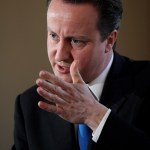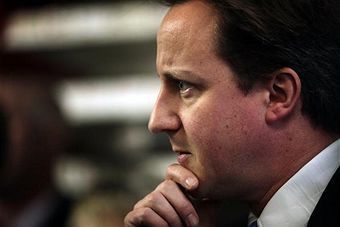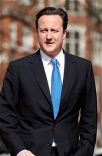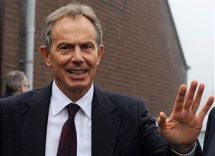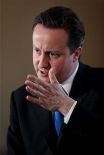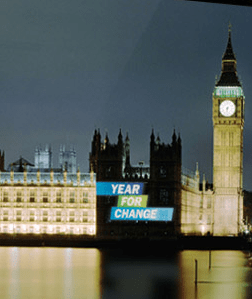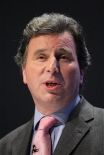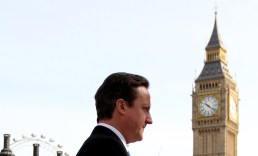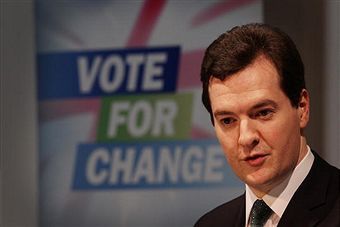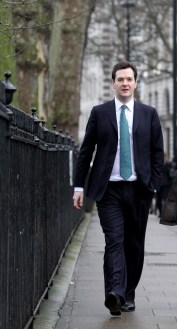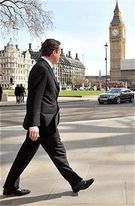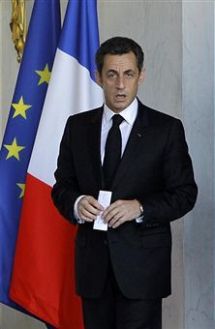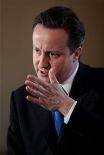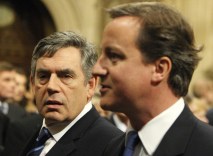There’s a serious message behind the Tory April Fools’ campaign
Most press releases don’t really catch the eye. But when one hits your inbox from The Department of Government Waste, you can’t help but take notice. In it, the Secretary of State for Government Waste, Robin Ewe (geddit?), celebrates 13 years of “waste-maximisation,” and there are links to a departmental website, complete with reports and videos. No surprises that it’s a Tory campaign. And to up the fun quotient, CHHQ have even managed to plug it via a cheeky advert in the Guardian. But although there’s a comic tinge to it all, and although it’s rather straightforward, this is still a smart message for the Tories to get out there.




